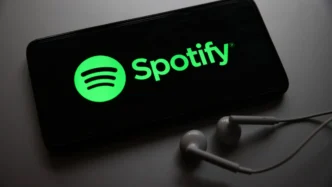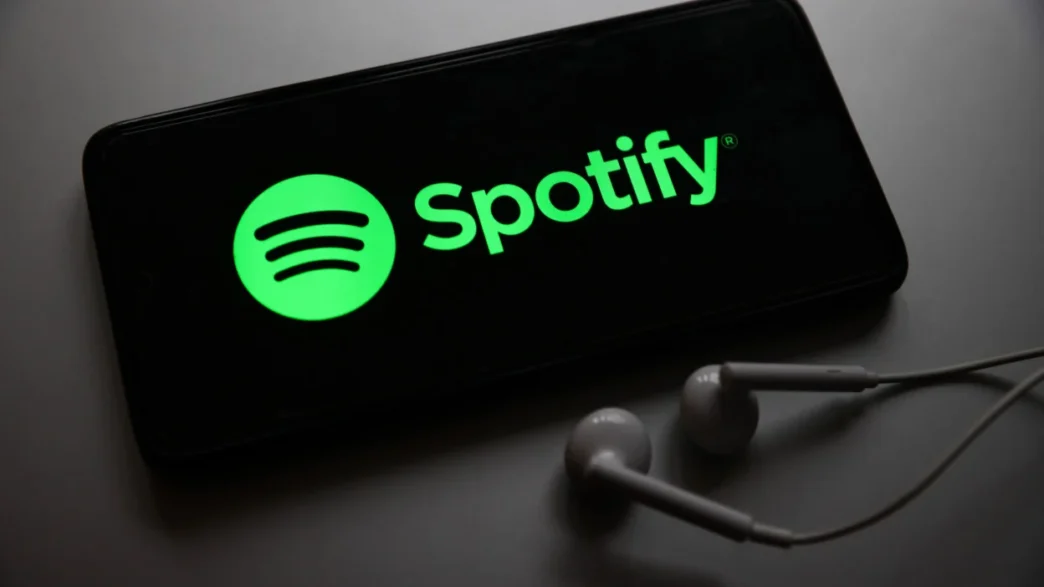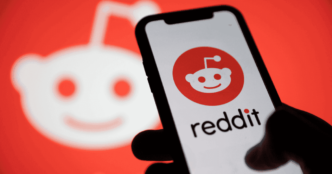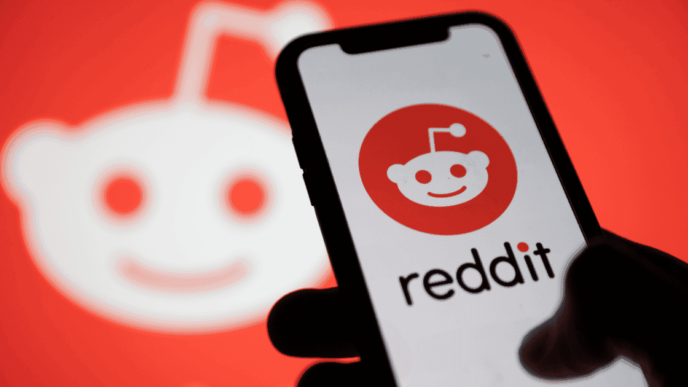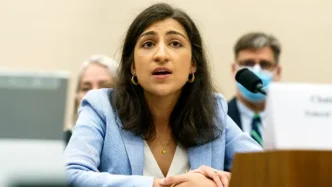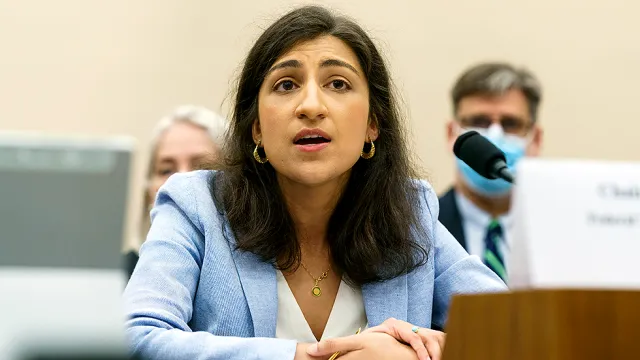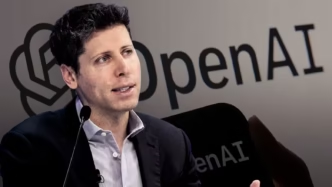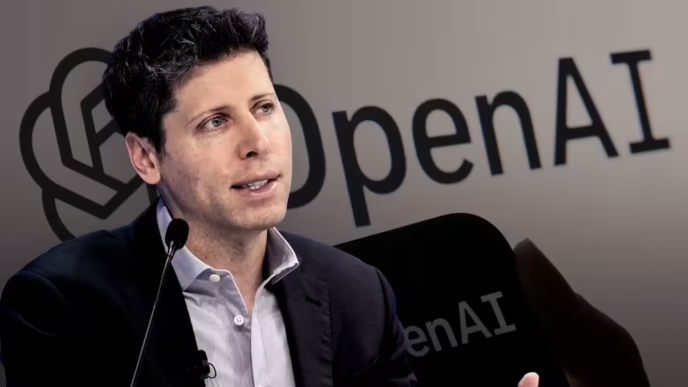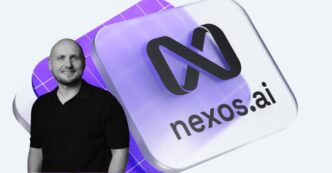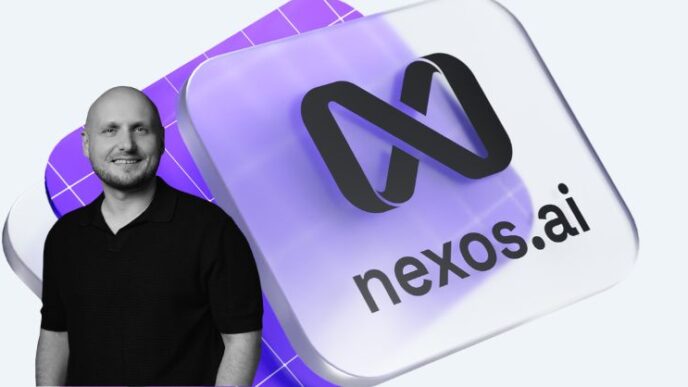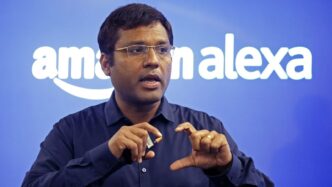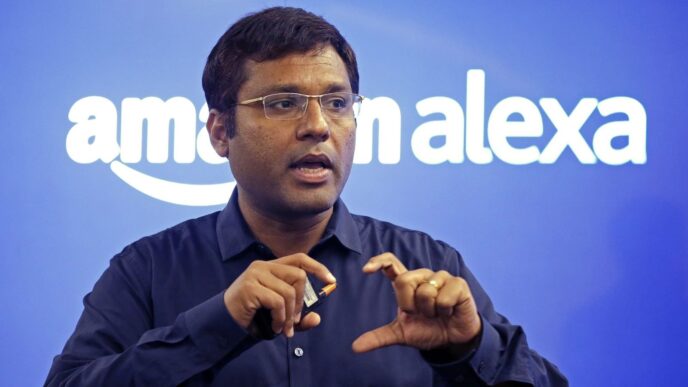Spotify is doubling down on its promise to make artificial intelligence work for musicians, not against them. The company has announced new partnerships with some of the world’s biggest record labels like Universal Music Group, Sony Music Entertainment, Warner Music Group, and Merlin, to develop a new generation of artist-first AI music products. The initiative is built around a simple idea: AI in music should protect creative ownership, ensure fair compensation, and give artists full control over how their work is used.
Under the new program, Spotify and its partners will create responsible AI tools that align with artists’ interests while respecting copyright laws. Musicians and songwriters will be able to decide if and how their content interacts with AI technologies, rather than having those decisions made for them. The move positions Spotify as one of the first major platforms to put artists at the center of AI innovation rather than treating them as an afterthought.
The company hasn’t shared all the technical details, but it confirmed that these tools will empower creators to manage when and how their voices, songs, or likenesses appear in AI-generated music. This could include identifying when tracks use parts of their work and triggering payments accordingly. Spotify said the approach is designed to create a transparent ecosystem where everyone involved, from artists to distributors, benefits from technological progress rather than being left behind by it.
The decision comes at a pivotal time for the music industry, as generative AI continues to blur the line between human creativity and machine-made art. Earlier this year, Spotify faced backlash after an AI-generated “band” went viral on the platform, sparking outrage among musicians who feared they were being replaced by algorithms. That controversy pushed the company to rethink its approach and make artist protection a central priority in its AI strategy.
Following the criticism, Spotify introduced stricter policies to curb misuse of AI. The platform banned mass uploads of AI-generated content, cracked down on duplicate tracks, and introduced systems to prevent manipulation of search and recommendation algorithms. It also began adopting the DDEX labeling framework, which discloses when AI was used in music creation. These moves signaled a broader shift toward transparency, accountability, and trust between the streaming platform and the creative community.
The new wave of artist-first AI tools builds directly on those efforts. Spotify believes that AI should enhance artistry, not exploit it. The company reaffirmed that copyright remains a core principle, rejecting the idea that AI should operate without creative consent. In its announcement, Spotify said that while some voices in the tech industry argue that copyright should be abolished, it sees musicians’ rights as non-negotiable and essential to a fair digital economy. It warned that if the music industry doesn’t lead responsibly, AI innovation will move elsewhere without consent, without compensation, and without regard for artistic integrity.
To put these ideals into practice, Spotify has launched a generative AI research lab and product team dedicated to exploring new ways technology can support creativity. The group is already working on its first projects and plans to introduce tools that align with these ethical principles. The ultimate goal is to build an ecosystem where artists can choose how they want to engage with AI — from generating new creative ideas to tracking and monetizing how their work is used.
For artists, Spotify’s artist-first AI vision could represent a new era of collaboration between technology and talent. Instead of viewing AI as a threat, musicians could begin using it as a creative partner — from composing melodies to experimenting with sound design or enhancing audience engagement. Because the company is developing these tools alongside major labels, artists can trust that their rights will be respected and that their work won’t be exploited by anonymous algorithms. It also opens new possibilities for revenue sharing, licensing, and fan experiences built around consent and transparency.
Spotify’s partnership with Universal, Sony, Warner, and Merlin ensures that these innovations won’t come at the expense of creative control. It’s a model that could reshape how the entire music industry approaches AI, blending human emotion with machine intelligence while upholding the value of authorship. The company’s decision to prioritize ethics over hype could set a new standard for how streaming platforms integrate generative technology.
The rise of AI has forced nearly every creative industry to reconsider what originality means in the digital age. By positioning its artist-first AI framework as a bridge rather than a barrier, Spotify is acknowledging that technology can amplify human potential — but only when guided by principles of fairness and respect. With these new collaborations and research efforts, the streaming giant is signaling that the future of music doesn’t have to be machine-dominated. It can be artist-led, transparent, and inclusive.
Spotify’s artist-first AI approach may very well become the blueprint for a new era of responsible innovation, one where musicians don’t just adapt to change, but help define it.
